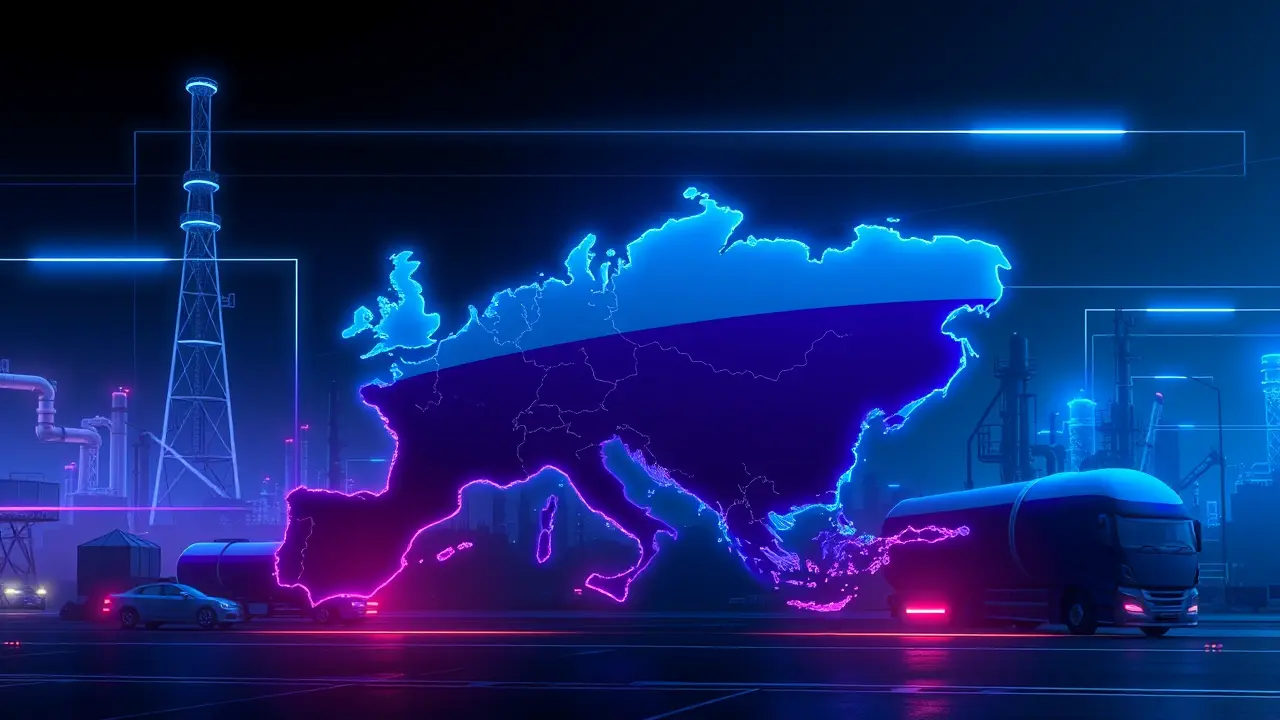
Politicssanctions & tradeEconomic Sanctions
German Companies Pay Billions in Taxes to Russia.
RO
Robert Hayes
2 days ago7 min read
In a stark geopolitical development that underscores the profound complexities of modern economic warfare, German corporations have remitted nearly $2 billion in tax revenues to the Russian state coffers since the onset of the full-scale invasion of Ukraine, a financial lifeline that critics argue directly subsidizes the Kremlin's war machine. This substantial fiscal transfer, amounting to approximately €1.72 billion, presents a formidable moral and strategic quandary, echoing the dilemmas faced by democratic nations during previous conflicts where commercial interests and national security imperatives collided. The continuity of these payments, facilitated through the ongoing operations of subsidiaries and joint ventures within Russia, reveals the intricate web of supply chain dependencies, long-term contractual obligations, and shareholder pressures that have thus far hindered a complete corporate exodus, despite widespread public condemnation and a cascade of international sanctions.Analysts point to historical precedents, such as the ambiguous corporate allegiances during the World Wars, where industrial output often flowed across battle lines, complicating the notion of a clear-cut economic front. The situation is further muddied by the German government's own nuanced stance, which, while providing military aid to Ukraine, has also had to navigate the precarious balance of preventing a total economic rupture that could trigger global energy crises and supply chain collapses, potentially plunging the European continent into a deeper recession.This calculated, albeit controversial, corporate presence is defended by some industry insiders as a necessary evil to maintain a foothold in a strategic market and to safeguard intellectual property from nationalization, yet this rationale is fiercely contested by ethical investment groups and human rights advocates who demand an immediate and unconditional withdrawal, framing every euro paid as complicity in the conflict. The long-term consequences are multifaceted: for Germany, this scenario risks eroding its moral authority on the world stage and could lead to significant reputational damage for its flagship automotive, chemical, and engineering sectors; for Russia, these funds represent a critical buffer against the intended crippling effects of sanctions, allowing for continued military procurement and social spending to maintain domestic stability; and for the broader Western alliance, it exposes a critical vulnerability in the united front against aggression, suggesting that the levers of global capitalism are not easily turned against a resource-rich state. As this fiscal pipeline persists, it fuels a heated debate over the very definition of corporate citizenship in the 21st century, forcing a re-examination of whether the shareholder-driven model can truly align with the urgent demands of international security and human rights, a question as consequential today as any faced by the statesmen of the last century.
#featured
#Germany
#Russia
#taxes
#war funding
#Ukraine
#sanctions
#corporate responsibility
Stay Informed. Act Smarter.
Get weekly highlights, major headlines, and expert insights — then put your knowledge to work in our live prediction markets.
Comments
It’s quiet here...Start the conversation by leaving the first comment.
© 2025 Outpoll Service LTD. All rights reserved.